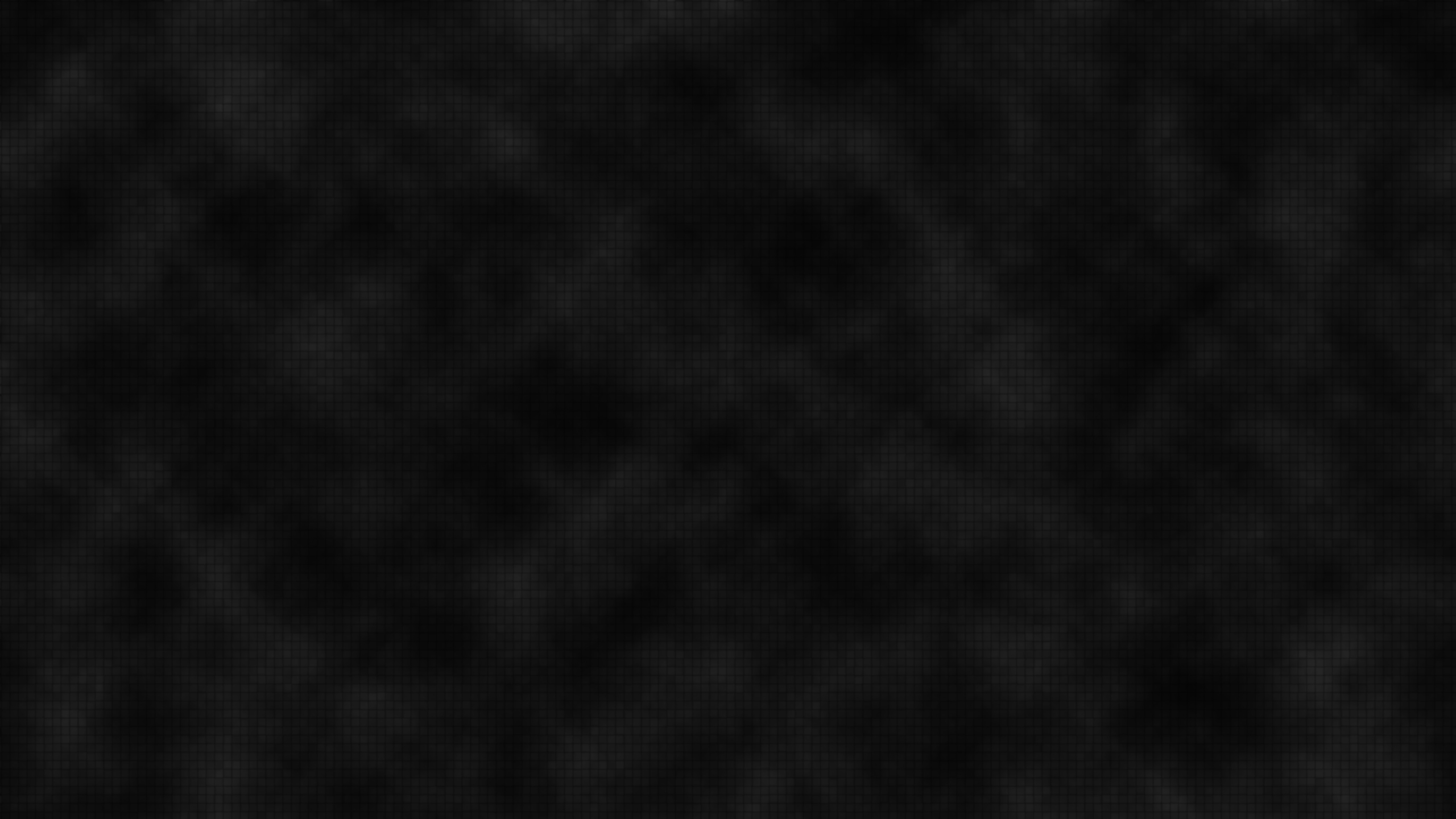1901. 5 Dec. Werner Karl Heisenberg is born in Würzburg, Germany.
1906. Sep. Heisenberg enters primary school in Würzburg.
1910. June The family moves to Munich.
1911. Sep. Heisenberg begins nine-year course of study at the humanistic Max-Gymnasium in Munich, where his grandfather is the principal until 1914.
1914. 1 Aug. Outbreak of World War I.
1918. Aug.-Sep. Participates in Bavarian agricultural service.
1919. May-June Supports troops after suppression of Bavarian Soviet Republic.
July Becomes leader of younger boys in youth movement.
1920. Oct. Enters the University of Munich as student of Sommerfeld.
1921. 17 Dec. Submits his first paper for publication.
1922 - 23. Studies with Max Born in Göttingen.
1923. July Completes requirements for doctorate.
1924. 7 June Meets Einstein for the first time..
28 June Delivers successful lecture for habilitation (right to teach).
1924-25. International Education Board fellow with Bohr in Copenhagen.
1925. 29 June Receipt of Heisenberg's paper providing breakthrough to quantum mechanics (Zs. f. Phys., 33, 879-893).
1926. 1 May Begins appointment as Lecturer in Bohr's institute.
1927. 23 Mar. Receipt of Heisenberg's paper on the uncertainty principle (Zs. f. Phys., 43, 172-198).
Sep. Attends Como conference where Bohr presents complementarity.
Oct. Appointed Professor of Theoretical Physics in Leipzig.
Oct. Attends Solvay Congress in Brussels.
1929. Mar.-Nov. Travels to United States, Japan, China, and India.
1930. 22 Nov. Death of his father, professor of Byzantine Studies in Munich.
1932. 7 June Receipt of his first paper on the neutron-proton model of nuclei (Zs. f. Phys., 77, 1-11).
1933. 30 Jan. Hitler comes to power in Germany.
11 Dec. Heisenberg receives Nobel Prize for Physics (for 1932).
1936. 29 Jan. Heisenberg and theoretical physics attacked in Nazi party newspaper.
8 June Presents theory of cosmic-ray showers involving multiple processes.
1937. 29 Apr. Marries Elisabeth Schumacher in Berlin.
15 July Heisenberg and other physicists viciously attacked in SS newspaper.
1938. Jan. Birth of twins, the first of seven children.
Mar. Lecture tour to England.
21 July Himmler exonerates Heisenberg of SS charges.
Dec. Discovery of nuclear fission in Berlin.
1939. June Purchases home in Urfeld, Bavaria, as retreat for his family during the coming war.
July Lectures in the United States.
1 Sep. Outbreak of war in Europe.
26 Sep. Joins fission research project in Berlin.
1941. Spring Leipzig uranium pile shows first neutron multiplication.
15-22 Sep. Visits German-occupied Copenhagen and discusses fission with an alarmed Bohr.
1942. 26 Feb. Presents lecture to Reich officials on energy acquisition from nuclear fission after Army withdraws most of its funding.
4 June Briefs Albert Speer on nuclear research.
1 July Appointed interim director of main reactor research lab in Berlin. Lays plans for construction of a working reactor.
8 Sep. Receipt of the first part of his theory on the S-matrix in elementary particle physics (Zs. f. Phys., 120, 513-538, 1943).
1943. Feb. Appointed Professor of Theoretical Physics in Berlin.
6 May Lectures on nuclear fission before Göring's Aerodynamics Academy.
18-26 Oct. Travels to German-occupied Netherlands.
1944. 24Jan-4 Feb. Travels to German-occupied Copenhagen to obtain release of Bohr Institute from occupation authorities (Bohr has fled).
1945. Jan. Joins rest of his reactor team in Black Forest.
3 May U.S. forces arrest Heisenberg at his family home in Urfeld, Bavaria.
7/8 May Germany surrenders.
June Heisenberg's mother dies.
July-Dec. Heisenberg is held with other German scientists at Farm Hall, England.
1946. 3 Jan. Released in Germany, settles in Göttingen.
Jul. Named director of Kaiser Wilhelm (later Max Planck) Institute for Physics.
1947. Dec. Lectures in Britain.
1949. 9 Mar. Founding president of the German Research Council.
1950. 23 Feb. Proposes unified theory of elementary particles involving a nonlinear spinor field.
1951. Aug. Research Council fused with Emergency Association to form the German Research Association (DFG). Heisenberg in Presidium.
1952. Mar. Heads German delegation to European Council for Nuclear Research, contemplating the founding of CERN.
1953. 10 Dec. Adenauer appoints Heisenberg president of the Alexander von Humboldt Foundation.
1955-56. Winter Delivers Gifford Lectures on "Physics and Philosophy" at University of St. Andrews, Scotland.
1957. 12 Apr. Issues declaration with 17 other West German scientists opposing Adenauer's acceptance of tactical nuclear weapons provided by NATO.
1958. 27 Feb. Issues preprint with Pauli on a proposed unified field theory of elementary particles, including the so-called "Weltformel" (world formula), later renounced by Pauli.
Sep. Moves his institute and family to Munich.
1970. 31 Dec. Resigns as director of the Max Planck Institute.
1972. Summer Lecture tour to the United States.
1975. Oct. Resigns presidency of the Alexander von Humboldt Foundation.
1976. 1 Feb. Dies of cancer at his home in Munich.

